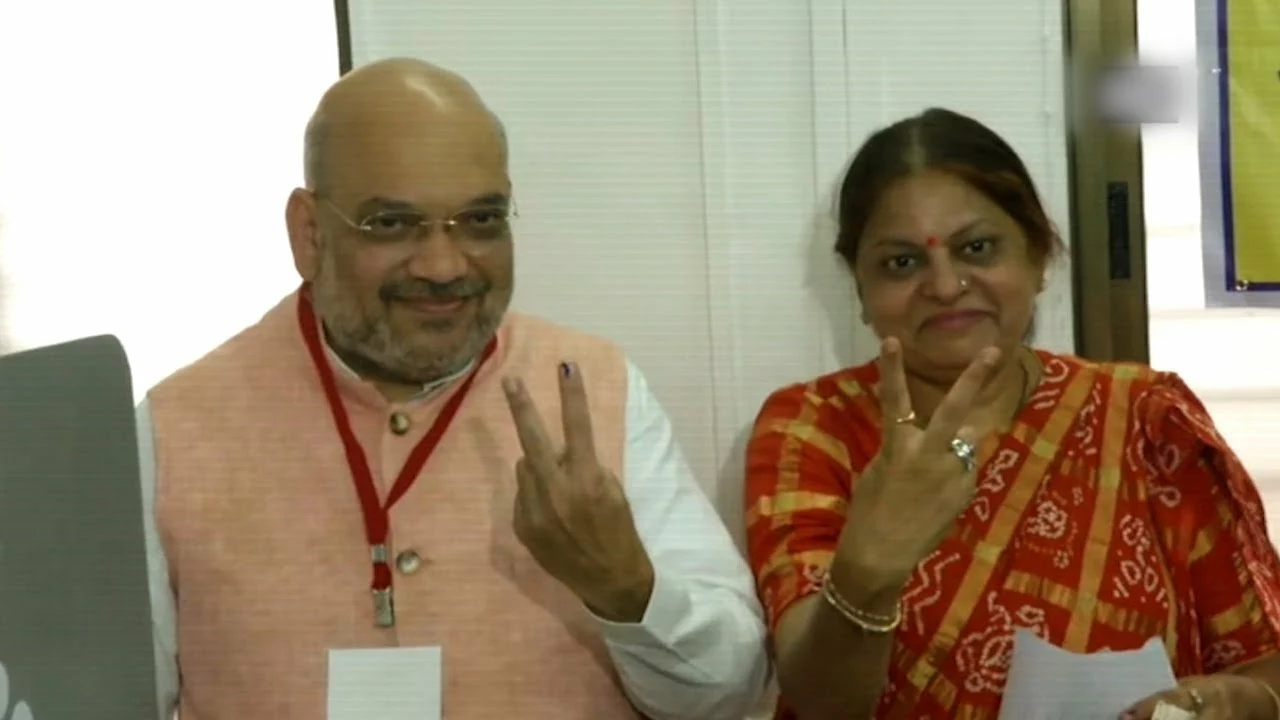Political Eligibility: Who Can Run for Office and Why It Matters
Ever wondered why some people can step onto the campaign trail while others can’t? It all comes down to political eligibility – the set of rules that decide who’s allowed to be a candidate. These rules keep elections fair, protect voters, and make sure leaders meet basic standards.
Common Eligibility Requirements
Most countries share a few core criteria. First up is age. You’ll often see a minimum age of 18 or 21 for local offices, and 30‑35 for national positions like president or parliament. Next, citizenship is a must. Whether you’re born in the country or have naturalized, you need a valid passport to stand for election.
Residency rules also play a role. Many jurisdictions require candidates to have lived in the area they want to represent for a set period, usually one to three years. This prevents outsiders from swooping in just to win a seat.
Criminal history can be a deal‑breaker. Some places bar anyone with a felony conviction, while others allow you to run after a certain time has passed. The idea is to keep public office free from serious wrongdoing.
Financial transparency is another growing demand. Candidates often need to disclose assets, liabilities, and funding sources to avoid conflicts of interest. Failure to file these details can lead to disqualification.
How Eligibility Rules Vary Around the World
In India, for example, the Constitution sets the age limit at 25 for the Lok Sabha and 30 for the Rajya Sabha. A recent statement by Amit Shah highlighted the need to protect the nation’s image, which indirectly ties to keeping candidates clean and qualified.
In the U.S., the Constitution mandates 35 years of age, natural‑born citizenship, and at least 14 years of residency for the presidency. Notably, there’s no criminal record bar at the federal level, though individual states may have their own rules for local offices.
European nations often have stricter residency and language requirements. Take Germany: you must be a German citizen and have lived in the country for at least three months before the election.
These differences mean a potential candidate must research the specific laws of the country or region they aim to serve. Ignoring a rule can lead to a campaign being halted, wasted money, and public embarrassment.
So, how do you check if you’re eligible? Start with the official election commission website for your area. Look for sections titled “Candidate Eligibility” or “Nomination Requirements.” If the language feels dense, search for a quick FAQ or guide – most agencies publish plain‑English summaries.
Remember, meeting the basic criteria is just step one. Successful candidates also need to meet party rules, pass internal primaries, and gather a certain number of signatures or deposits. Each layer adds more hurdles, but it also ensures that only genuinely committed people make it to the ballot.
Bottom line: political eligibility isn’t about keeping people out; it’s about safeguarding democracy. By understanding the age, citizenship, residency, criminal, and financial rules, you can avoid costly mistakes and focus on what really matters – winning votes with a solid platform.
